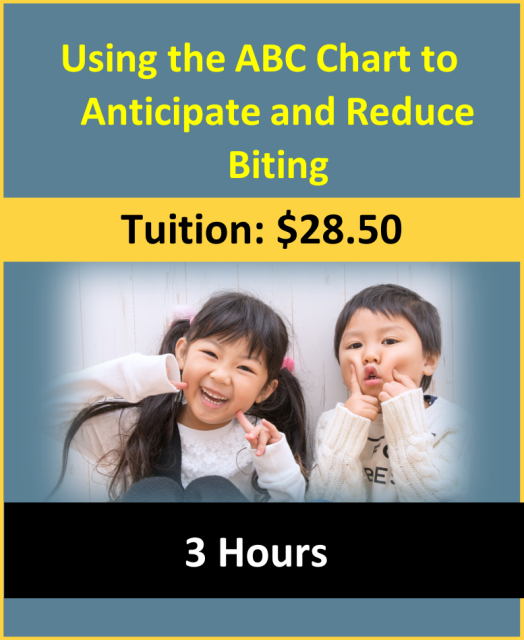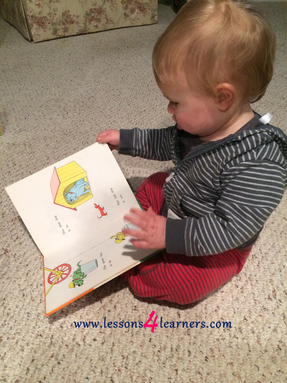I-Spy Pirate Bottle
Lesson Plan:
Activity:
I-Spy Pirate Bottle
Lesson plan developed by Ms. Erika Geelhoed, BA Ed
Age Group:
Young Infants
* Lesson plan objective and assessment can be adapted to use this activity with mobile infants, toddlers or preschoolers.
Objectives:
Children will:
CDA Competency Standard:
II.5.1a
I-Spy Pirate Bottle
Lesson plan developed by Ms. Erika Geelhoed, BA Ed
Age Group:
Young Infants
* Lesson plan objective and assessment can be adapted to use this activity with mobile infants, toddlers or preschoolers.
Objectives:
Children will:
- show interest in and manipulate a new toy.
- explore new vocabulary terms.
CDA Competency Standard:
II.5.1a
- Activities encourage curiosity, exploration and discovery
- a) Activities involve developmentally appropriate, hands-on experiences
Materials:
- empty bottle
- sand
- shells and other small beach trinkets
- hot glue gun
Procedure:
- Prepare for activity by creating the sensory bottle.
- Fill the bottle with sand (cornmeal can be used as a substitute if desired), shells, and other beach items.
- Hot glue the lid on to the bottle to prevent spilling.
- Place the children in a comfortable area and introduce the new toy.
- As they are exploring, talk with them about what they are seeing. Introduce new vocabulary words, such as “shells,” “gem,” and “starfish.”
Assessment:
- Observe and record the children’s reaction to the new toy. Be sure to note any new sounds they may verbalize. Also, record how the children attempt to manipulate the bottle.
Click on the course icon for enrollment information.
Early Literacy for Infants and Toddlers
Sharing books and other reading materials with children at a young age can establish a strong foundation for later literacy skills (McLane & McNamee, 1991). When teachers read to young children early and often, the children see reading as something that is fun to do. They become familiar with the sound of language that is used in books. They learn to turn the pages of books and learn that the print in books has meaning (Rice, Burkes, & Kaplan-Sanoff). Reading to young children builds a strong foundation for later literacy skills. It is important to share books with each child, keeping in mind the child’s level of development and interest.
While children should not be forced to listen to stories when they do not show interest, a wide variety of age-appropriate books should be available in the classroom at all times for them to explore freely. As the children grow and mature, the experiences you have provided when they were small will help to build the skills they need to eventually become lifelong readers.
While children should not be forced to listen to stories when they do not show interest, a wide variety of age-appropriate books should be available in the classroom at all times for them to explore freely. As the children grow and mature, the experiences you have provided when they were small will help to build the skills they need to eventually become lifelong readers.





